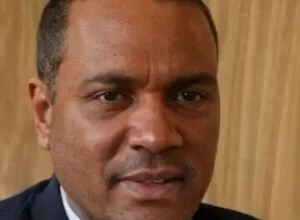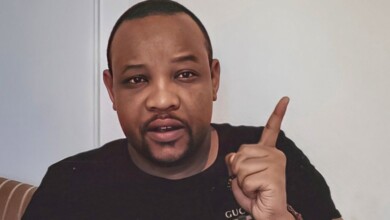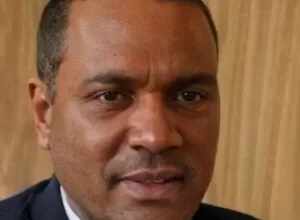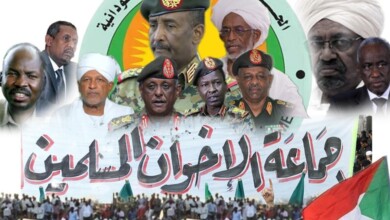The continuation of war and the burning questions, Burhan!
Salah Jalal
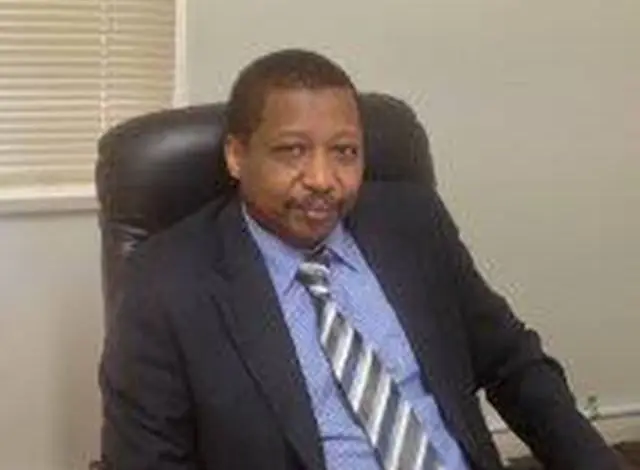
(1)
War requires the courage of knights, and peace requires the competence of the wise to weigh the options. After a year and a half, we have experienced the war and its consequences are clear and unambiguous before our eyes, they cannot be escaped or ignored, (12) million people have been displaced, (2.5) million have become refugees, (19) million children are out of school, (25) million are living under the threat of famine, (80%) of health institutions are out of service.
In addition to the bloodshed, the loss of more than (100,000) lives and the destruction of an estimated ($150) billion in infrastructure.
(2)
In light of these facts, Lt. Gen. Abdel Fattah Al-Burhan, Commander-in-Chief of the Sudanese Armed Forces, came out on Tuesday, offering condolences for one of the victims of the war in Tamboul, one of the great officers, Brig. Gen. Ahmed Sha’aldin. It is worth noting that the Armed Forces have lost thousands of senior officers, as no natural Army has lost in a war in military history!!!
In his speech, Lt. Gen. Al-Burhan stressed the continuation of the war and called for more fighting, calling on citizens and tribes to carry arms, which is a sentiment he has been repeating for a year and a half. We must take some time to reflect and confront Al-Burhan with all the burning questions, hold him responsible for his assumption that he adheres to, which is the continuation of the war. Is it realistic and achievable ? Is it the best option among several other options, including negotiated solutions ?
We extend to the public opinion an invitation to discuss without provocation or accusations of treason and lazy answers, an invitation to utilize the critical mind to calibrate possible options, under the slogan of war, an important and major matter that shouldn’t be left to the generals exclusively.
(3)
Asking the right questions is half the answer, as many scholars and researchers confirm, we have learned how to answer quickly and speak with apparent critical laziness and superficial wishful dreams.
However, we haven’t learned how to ask profound and contemplative questions!! This is one of the flaws in our educational curricula, the absence of ‘Critical Thinking’. This is a science in itself. Where is it in the grand scheme of our schools and universities? Where is the art of asking the right question to differentiate between the wheat and chaff, to link the premises and the results, and to close the door of parroting information, being led by the ear behind the groups of active ignorance in social media that have provided opportunities for fools to speak about how we can be guided to acknowledging the opportunity, the possible and the impossible, the time, the cost of options and their reality ? This is a theoretical footnote for the upcoming questions.
(4)
The first fact that many supporters of the continuation of the war don’t like to hear; is that the current military scene in the country clearly indicates the advancement of the Rapid Support Forces over the Armed Forces and their allies on all battlefronts across the vast area of (13) states and a number of Military divisions and units in the capital even as the war enters its nineteenth month, a fact that represents the basis of forming the necessary questions.
(5)
The second fact is that the leadership of the Armed Forces, while in a state of weakness and decline, refuses to negotiate and bets on time. Its losing the regional and international community for being the obstinate party that refuses to stop the war, on the assumption of improving the military position by regaining some areas such as Sennar, Bahri, Khartoum, Al-Jazeera, or some Darfur states ??!!
(6)
The third focal question is: Is it possible to improve the current war coordinates ? What is the time frame required for this improvement to become a reality ? What are the logistical requirements for this process and can a collapsed economy provide them ? What is the cost of improving the military situation on the living beings and structures in the country ?
(7)
The fourth question is: Is it more useful and in the interest of the country to accept and acknowledge the current losses ? To enter into serious negotiations to stop the war while the Armed Forces are still cohesive and have a controlling leadership structure to become the basis for security arrangements, reconstruction and paving the way for the future ? These questions are based on the assumption that the Armed Forces are the decision-makers in war and peace and their powers aren’t hijacked at the level of their senior leadership for the benefit of a political project that seeks power through force and war!
(8)
The fifth question is: What are the consequences of continuing the war on the exacerbation of the fragility of the State and its susceptibility to deteriorating into a civil war and the fragmentation of the country, not its division as some would say ????
(9)
In Conclusion
“The path is unclear” is a saying that the guide raises when the roads are blurred and the options are lost. War isn’t a game based on uncalculated hopes, ambitions and the drumming of clowns (Bal bas – killing only) for its high cost to the people and infrastructure as well as its impact on the present and future of generations. Our noble Messenger said: “Whenever i was given a choice between two, i would (usually) choose the easier choice.” Here, the choice is between war and negotiation for the sake of peace. This is a serious call for discussion. We hope that the clowns don’t approach and take pictures.
The irrational is the responsibility of the sane and the furniture within is under the responsibility of its owner.
#No_To_War
#Negotiation_Is_The_Solution
October 24, 2024

